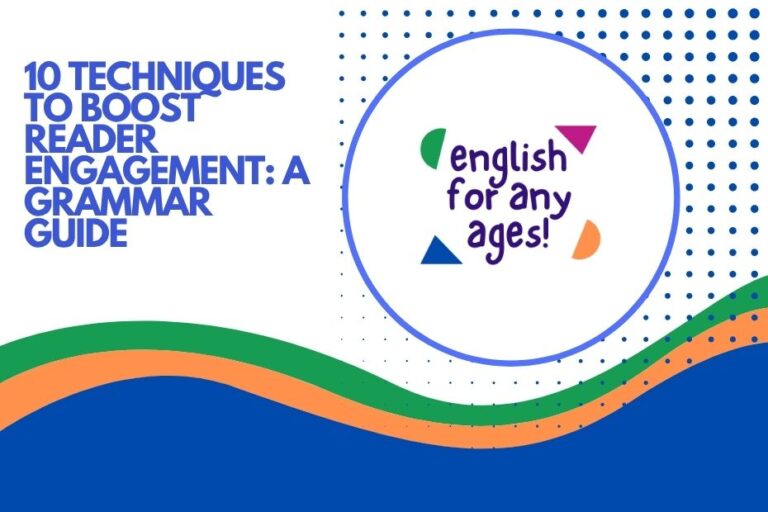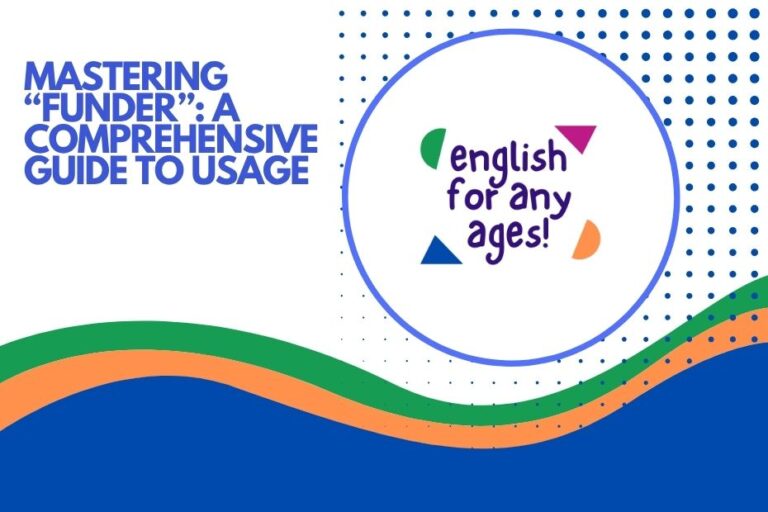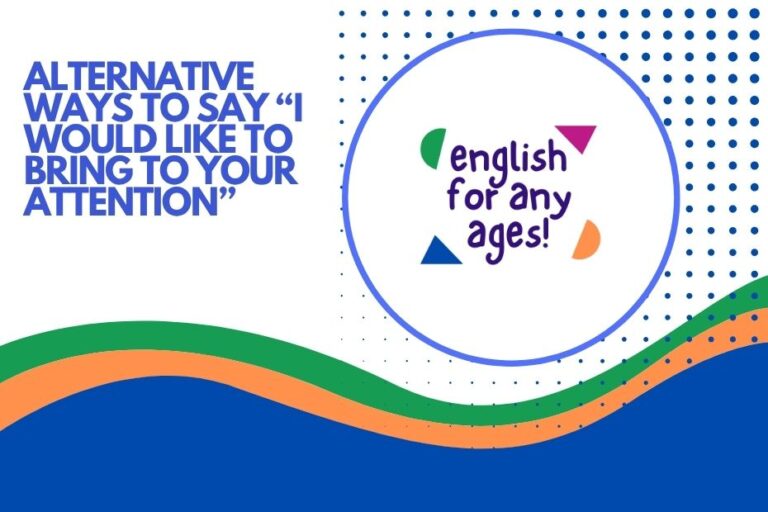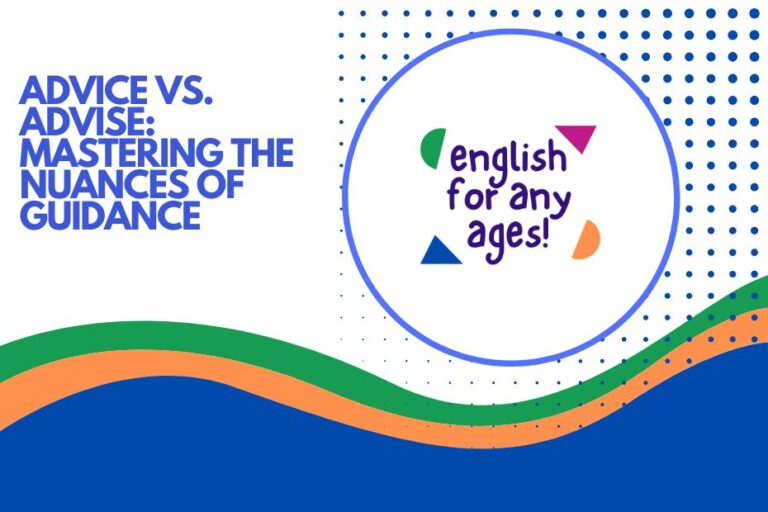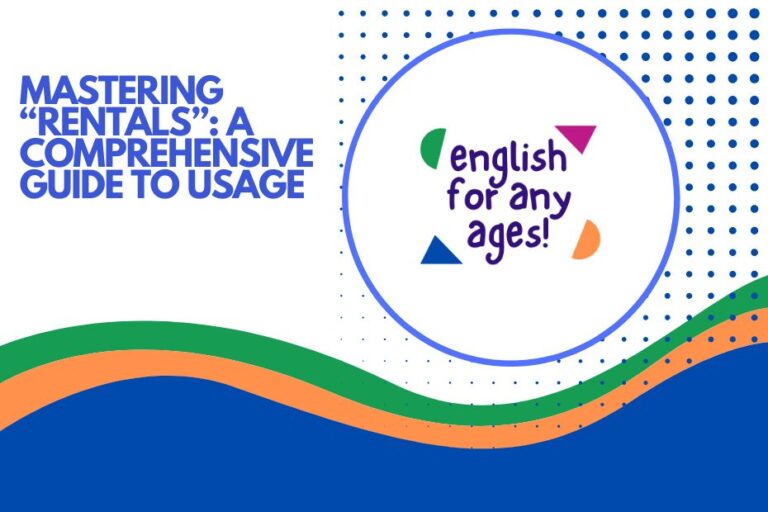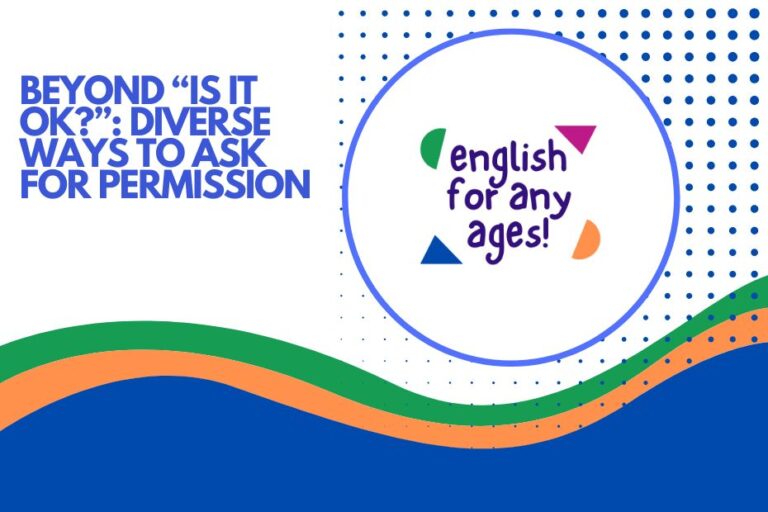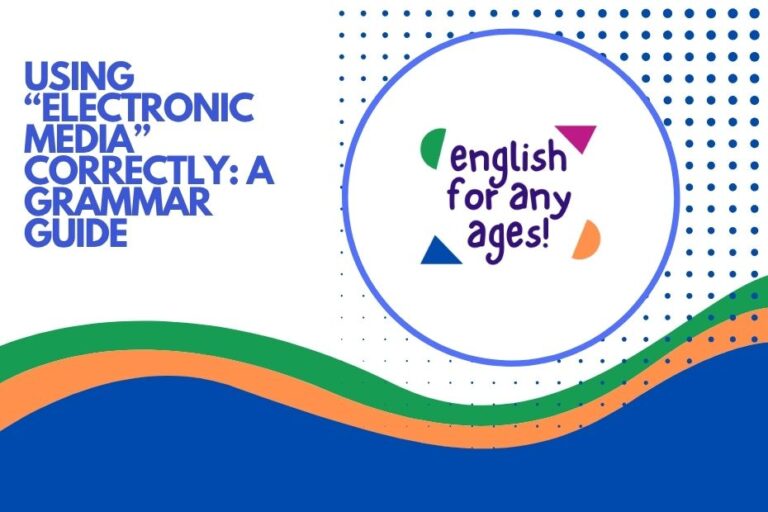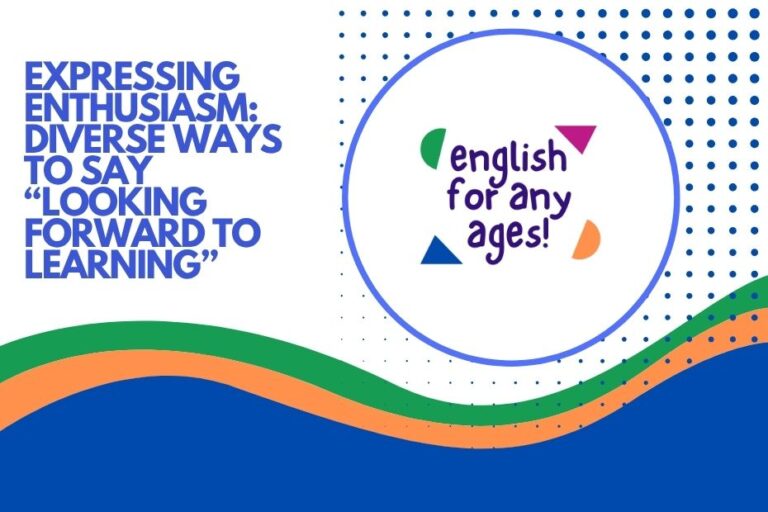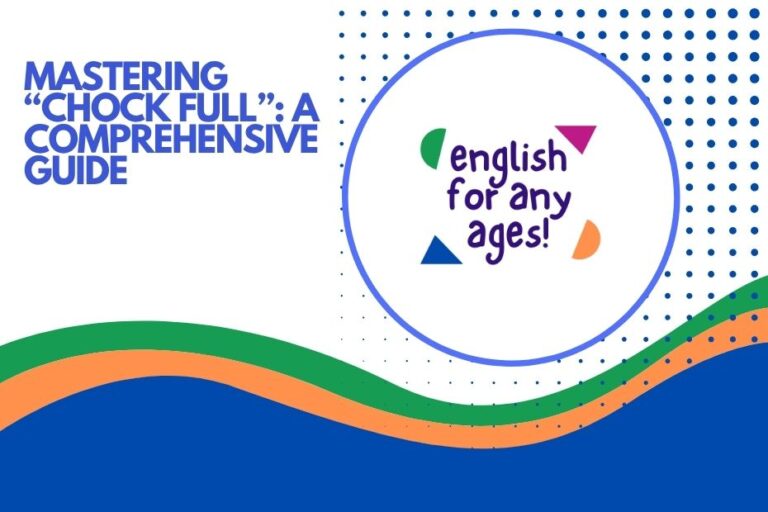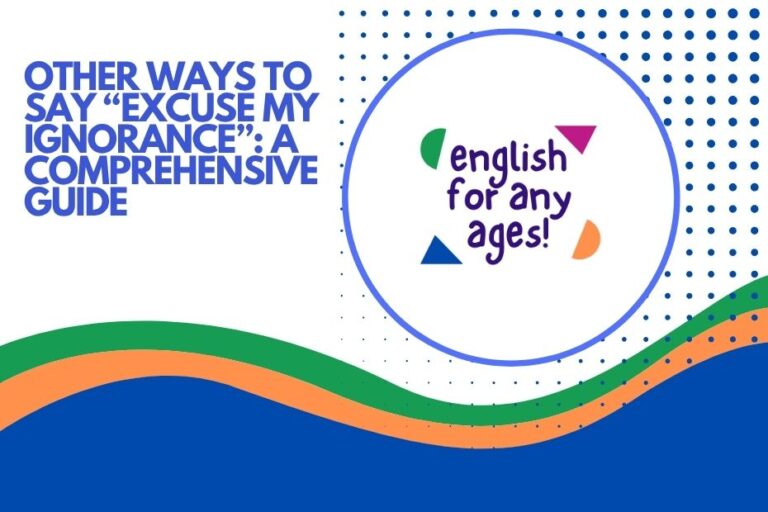10 Techniques to Boost Reader Engagement: A Grammar Guide
In the digital age, capturing and maintaining reader engagement is crucial for effective communication. Whether you’re writing a blog post, an academic paper, or marketing content, keeping your audience interested and involved is essential. This article delves into ten specific techniques, focusing on how grammar and writing style can significantly enhance reader engagement. We will…

